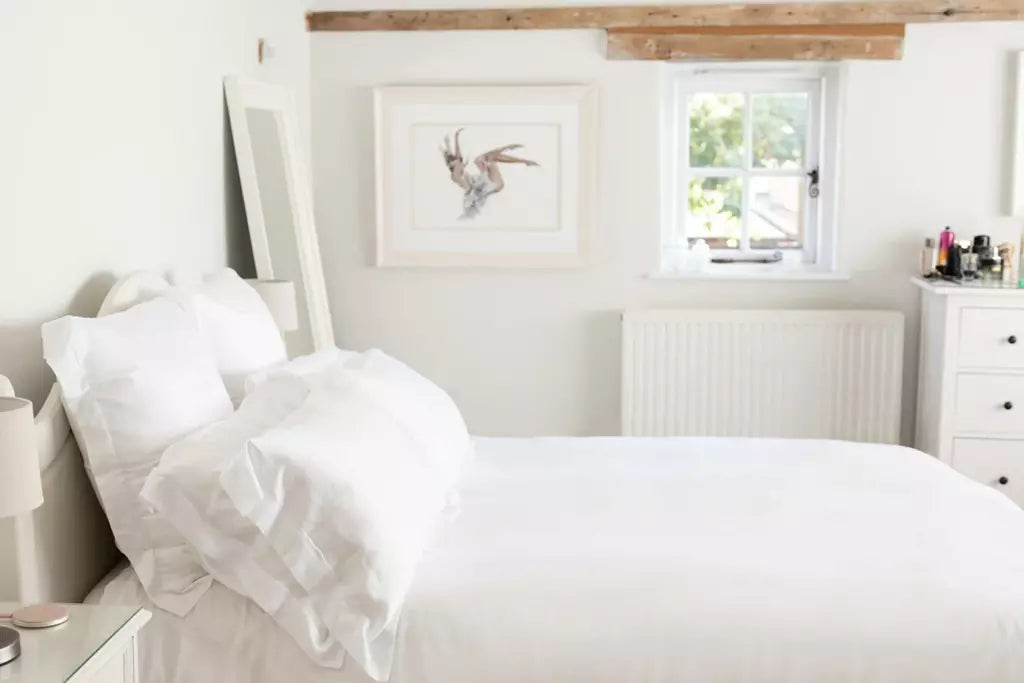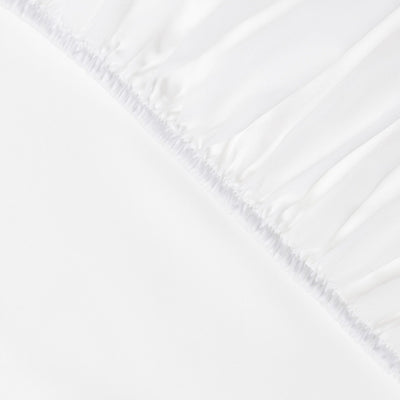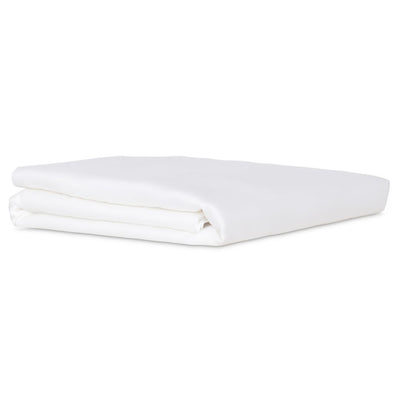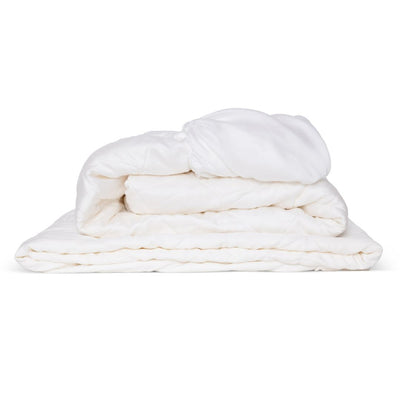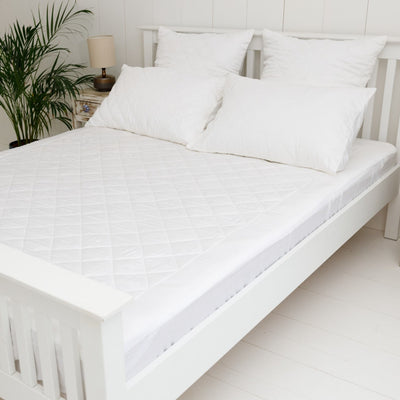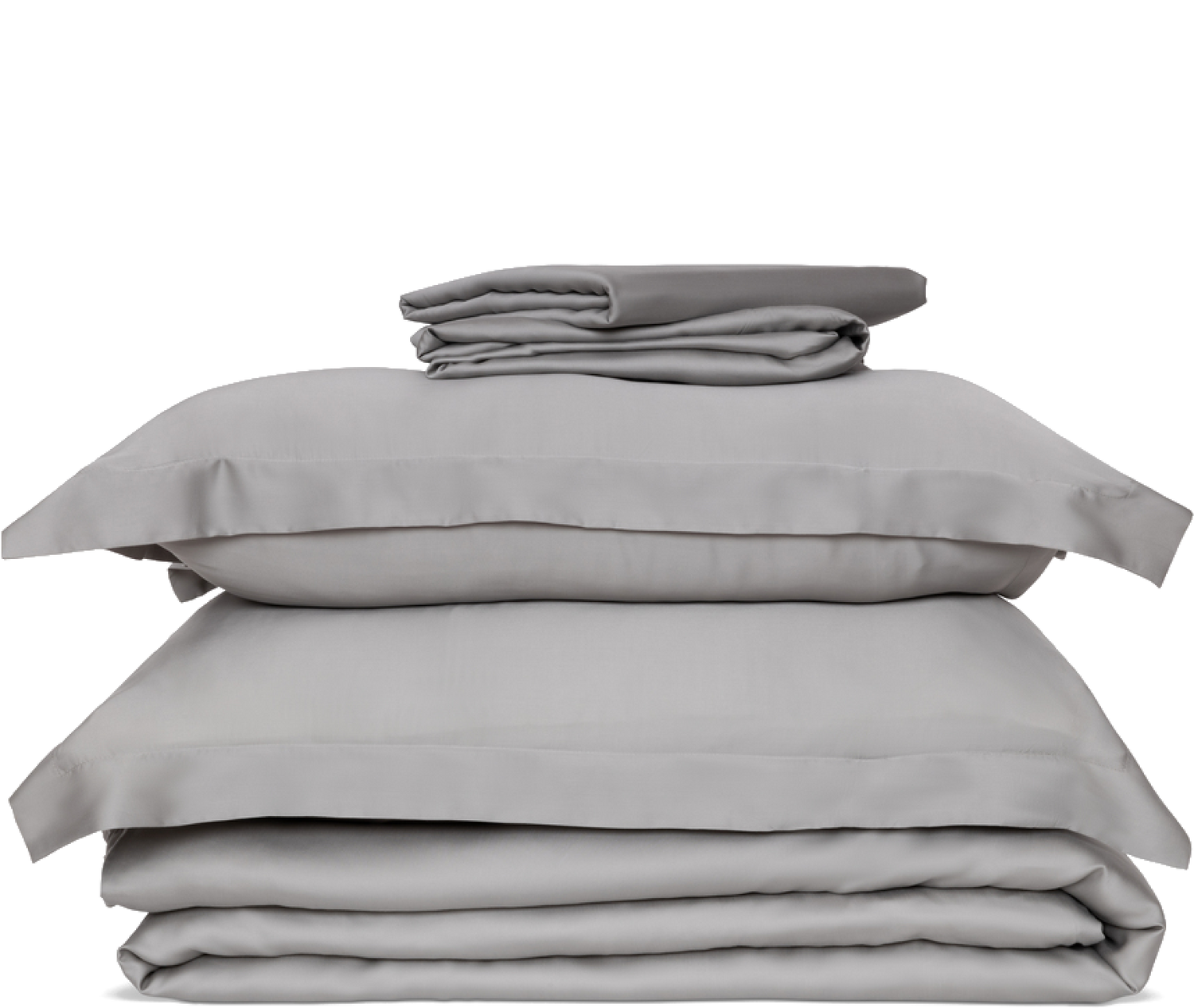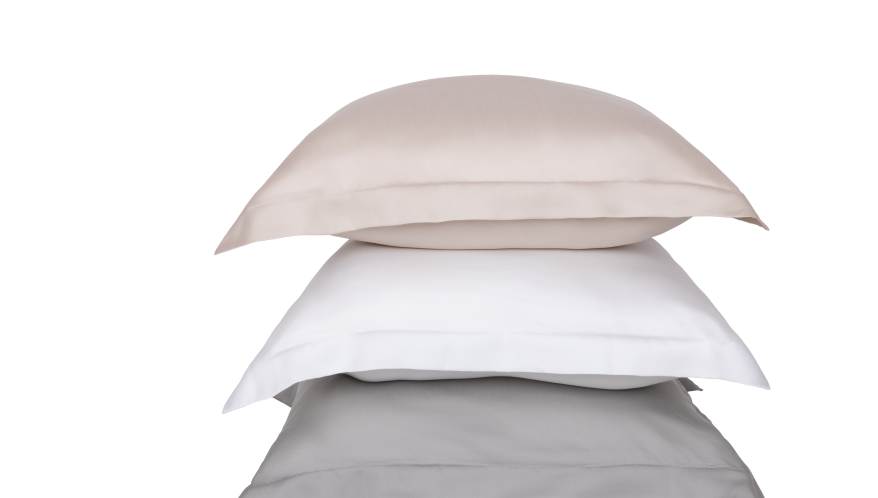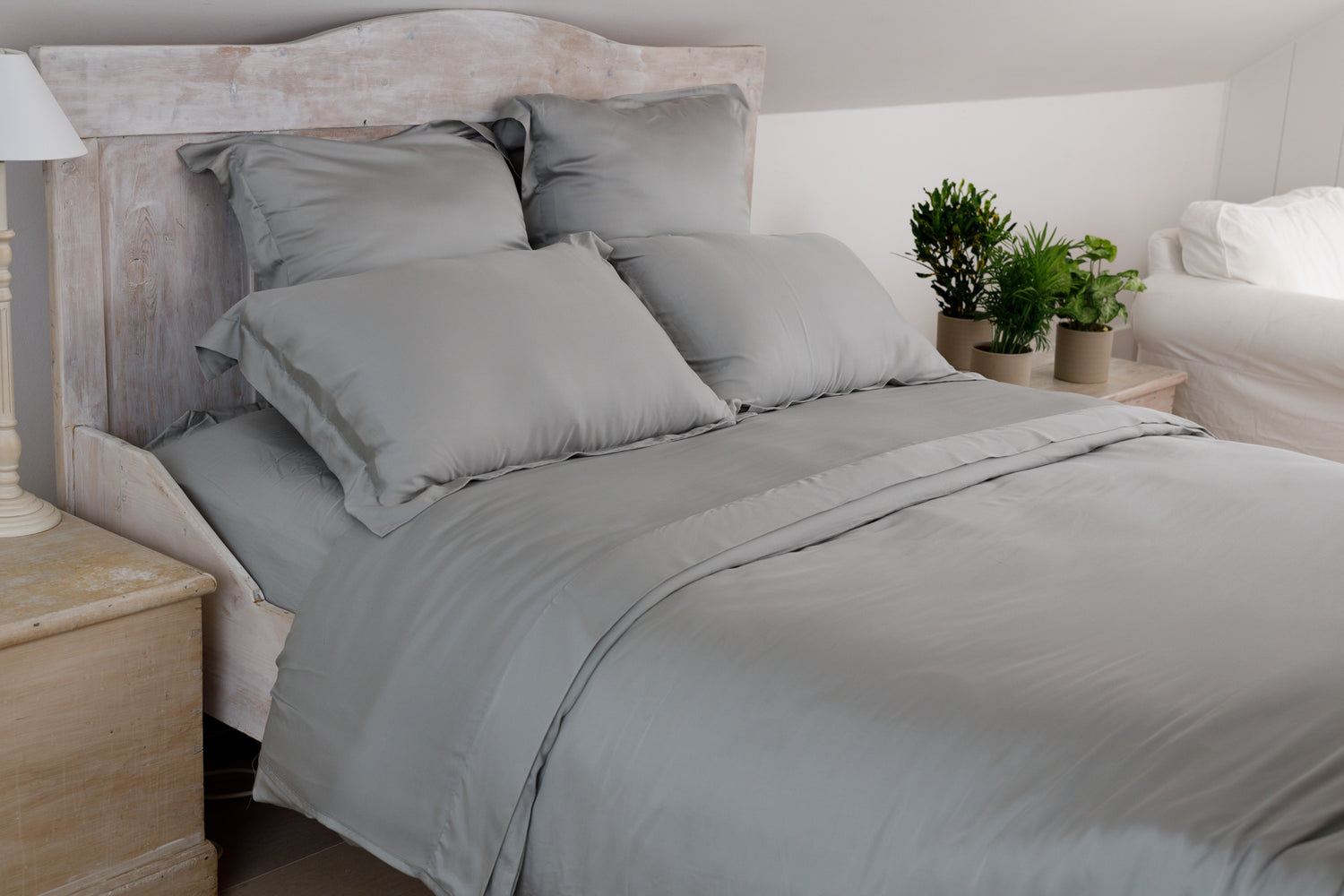You may have heard the term ‘feng shui’ used to reference a room’s layout or design, but what exactly does it mean, and how can you adopt the principles in your home? In this article, we’ve explained what feng shui is, and how it can contribute to better sleep. So, without further ado, discover how you can enhance your space…
What is Feng shui?
Feng shui is an ancient Chinese philosophy centred around organisation of the home, including the positioning and design of your furniture and décor. There’s the belief that orientating your space in a particular way can contribute to a healthy flow of refreshing energy, which will positively influence other aspects of your life.
Feng shui borrows many ‘zen’ features, with both being relatively similar concepts. There’s an emphasis on creating a fuss-free environment that’s clear of clutter. If you’re interested in learning more about how to design a zen bedroom, check out our handy guide.
Feng shui bedroom tips for better sleep
Discover our top feng shui bedroom tips and find out how you can improve your evening comfort and sleep.
1. Get rid of any extra ‘stuff’
First and foremost, if you’re trying to implement feng shui principles in the bedroom, you should clear the clutter as a priority. Where possible, anything that doesn’t need to be there should go, but feel free to keep your belongings in another room or packed away in your cupboards. It’s believed that a clear room improves the flow of positive energy, which can contribute to a better emotional state, even if only subconsciously.
2. Invest in your bed and mattress
Because we spend such a huge portion of our lives in bed – roughly a third – it’s important to prioritise your sleeping environment. This means investing in a high-quality mattress and bed to give yourself the space you need to truly relax and unwind. After all, it’s unlikely that your best sleep ever came on a constricted single…
To enjoy the maximum amount of space, we’d recommend opting for a king, super king, or emperor size bed (space permitting, of course). If you’re interested in learning the differences, check out our in-depth guide to bed sizes.
When choosing a mattress, the main priority should be meditative comfort, and a product that both refreshes and relaxes as you sleep. Even better, look out for a mattress that moulds to the shape of your body and gives you a feeling of weightlessness.
3. Create your command centre
In feng shui, the ‘command centre’ refers to the positioning of your furniture, with the intention of creating a powerful-yet-balanced energy. Typically, you should avoid placing your bed directly in line with your door (though, if not possible, you should be able to comfortably see the door from your sleeping position).
Equally, it’s important to have symmetry and equal space either side of your bed. This is to allow both sleepers to get in and out comfortably (if sharing the space). Importantly, to improve feng shui in the bedroom, you should centralise your bed even if you’re a lone sleeper.
4. Ensure your bed has a bedside table either side
Complement your balanced aesthetic with a little table on either side of your bed. As well as improving overall organisation, having a couple of bedside tables also enhances feelings of symmetry, safety, and harmony, and contributes to your bedroom’s positive flow of energy.
Top tip: if you’re naturally untidy, perhaps opt for a table with built-in drawers, to avoid cluttering the top. Feng shui requires tidiness, so a pile of books and electronics will detract from your efforts. However, a simple plant can improve your setting.
5. Enhance your space with plants
Plants can be a great way of increasing feng shui in your bedroom. Not only do they produce oxygen (and consume carbon dioxide), but the natural and vibrant greens are considered calming and soothing.
In addition, adding a touch of nature to your space is known to relieve stress and anxiety at night, which in turn helps you drift off into a more comfortable slumber. If you’re unable to bring plants into the bedroom, essential oils are considered to be an effective alternative, especially if they’re made from all-natural ingredients.
If you’re interested in choosing the best plants for your bedroom, check out our handy guide.
6. Get a headboard
A headboard might not seem like the most essential addition, but it’s actually considered to be a staple of any feng shui bedroom. Not only can a sturdy headboard improve comfort when you’re sat upright, but it also improves feelings of symmetry.
Interestingly, there’s also the belief that your headboard (or lack thereof) can symbolise your relationships. In fact, not having one at all is considered by some to represent a lack of commitment! Of course, there may be a reason why you can’t buy a headboard right away, so in the short term, you can instead create the feeling of one with large pillows.
7. Keep the underneath of your bed clutter-free
As we’ve touched on already, one of the main feng shui principles is fuss-free tidiness, with clutter something to avoid at all costs. And this doesn’t just refer to the mess you can see – you should also keep the underneath of your bed clear of clutter.
It’s believed that the energy that flows within your room is easily interrupted by the chaos under your bed, which can impact you at a subconscious level – or, in other words, negatively affect your quality of sleep. Examples of mess can be as simple as shoes, books, or storage boxes (though spare bedding is often regarded as an exemption), so try to find another home for your belongings.
8. Consider the placement of your mirrors
Those who practice feng shui principles typically feel quite strongly about how and where you should position your mirrors. But not only that: the type of mirrors you choose can also have an impact on the energy that flows through your bedroom.
It’s advised against hanging or positioning a mirror directly in front of your bed, as you shouldn’t be able to see yourself as you sleep – if this is unavoidable, however, simply cover your mirror before bed or hang it out of sight inside your wardrobe. Preferably, though, you should place your mirrors so you can see your bedroom door in the reflection.
9. Invest in higher quality bedding
One thing you’ll quickly benefit from when implementing our feng shui bedroom tips is high-quality bedding (around 300 thread count). This means swapping out your old duvet and duvet cover, sheets, and pillowcases for something a little more luxurious.
We’d recommend natural eucalyptus silk as an ethical option: because it’s sustainably sourced from trees, it comes with all the benefits of traditional silk, but without any of the cruelty. Not only is it incredibly soft to touch, making for exceptionally comfortable bedding, but eucalyptus silk is also environmentally friendly and planet positive, using roughly 30% less energy and 95% less water in production than cotton equivalents.
10. Decorate your room with relaxing colours
Did you know that the colours of your room can have an impact on your mood and subconscious mind, which can subsequently have an effect on the quality of your sleep. In fact, studies show that there’s even a relationship between feng shui bedroom colours and your physiology, with some shades actively speeding up and slowing down your heart rate.
For instance, reds and sharp pinks can raise your blood pressure, while peaches, blues, and corals can sooth your eyes and contribute to improved relaxation. So, before you paint your walls, choose your next piece of furniture, or buy new bed sheets, consider the colours carefully!
11. Use candles and low-light bulbs
Another great way to improve feelings of relaxation in the bedroom is to introduce natural candles and low-intensity lighting. Rather than keeping your main light on all evening, instead create a calm and ambient setting. Not only will it help improve the sense of balance within your room, but you’ll likely also find it easier to fall asleep.
12. Be selective with electronics in your room
Typically, if you’re adhering to feng shui principles, it’s advised that you avoid electronics in the bedroom where possible. This is because they’re considered to be a distractor, and a contributor to restlessness and delayed or disrupted sleep. If you’ve ever found yourself scrolling through social media into the earlier hours, we’re sure you can see why this is the common perception...
Instead, try to set your electronics aside at night when you’re trying to relax and settle down to sleep. This means avoiding having a TV in the bedroom and keeping phones and tablets out of reach.
13. Have your bookshelf in a different room
It might come as some surprise, but if you’re trying to feng shui your home, it’s actually advised that you keep your books away from the bedroom. Just like phones and TVs, books are considered to be a distraction (albeit an arguably healthier disruptor than social media scrolling), so it’s important to keep them out of reach if you want to fully unwind and relax on an evening.
There’s also the belief that the dust your books collect while sitting unread can compromise your bedroom’s positive energy, so it’s often safest to keep your bookshelf in a study or other room.
14. Keep all drawers and doors closed when not in use
One of our more simple feng shui bedroom tips; it’s important to keep all your bedroom drawers, cupboards, and doors closed when not in use. Otherwise, you risk creating a cluttered and chaotic environment that’ll impact your sleep comfort and quality.
To improve your bedroom energy, it can be useful to get into the habit of checking your furniture before you go to sleep, even if it’s been a particularly long and wearisome day.
15. Choose your art carefully
Artwork is a great way to express your individualism and inject a splash of colour into your bedroom. But if feng shui is a priority for you, it’s important to pay attention to the type of art you choose - otherwise you risk disrupting your relaxing energy.
Where possible, try to pick paintings or prints that evoke positive emotions, keeping clear of harsh or aggressive colours or themes. For example, pieces that relate to nature, such as plants and flowers, animals, or natural landscapes, are all seen as safe choices and positive reinforcers.
Hopefully, you now feel a little better-equipped to adopt feng shui in your home and begin enjoying better sleep and relaxation. And if you found this article useful, for even more advice from our sleep experts, head on over to the Ethical Bedding blog.

